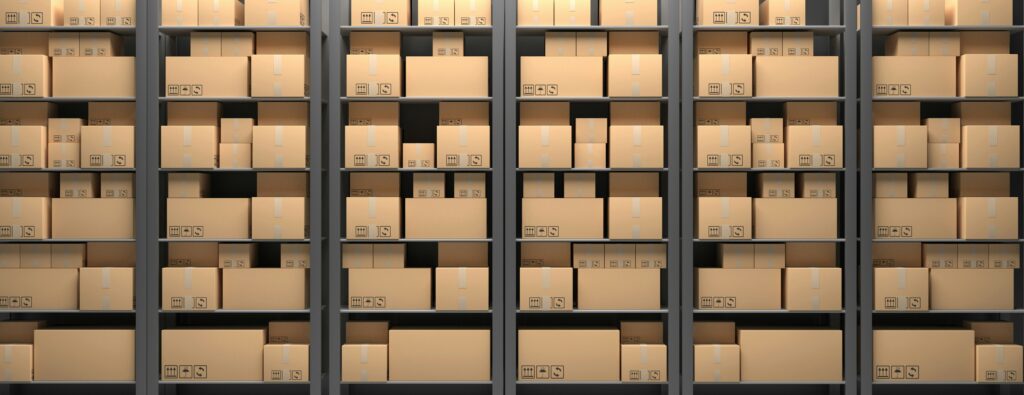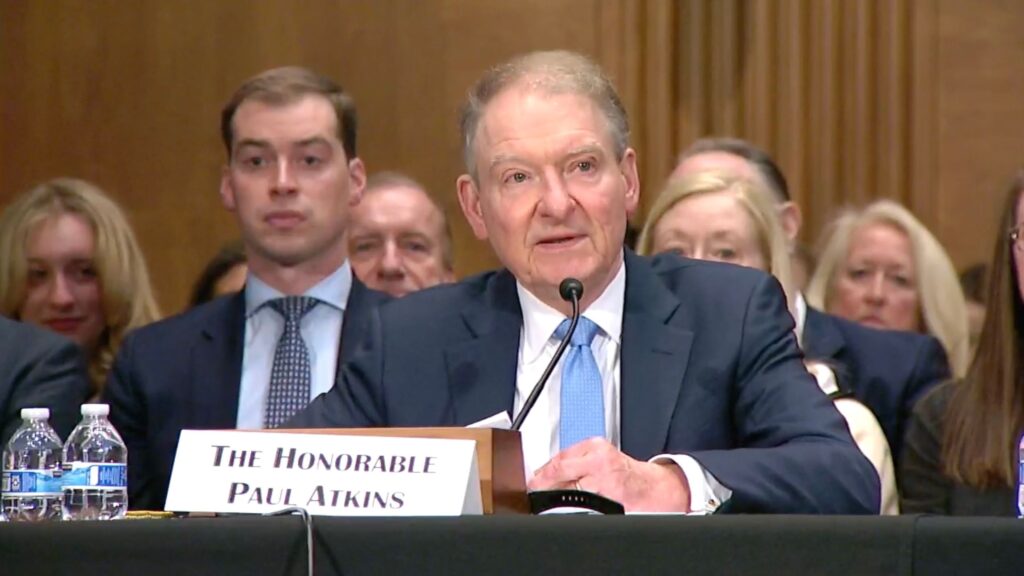In the evolving landscape of cryptocurrency, understanding the concept of a Bitcoin Strategic Reserve (BSR) is becoming increasingly essential for investors. This week, Alex Tapscott delves into what the Bitcoin Strategic Reserve is and its implications for the investment community. Additionally, Bryan Courchesne from DAIM addresses common inquiries about establishing personal strategic reserves in our “Ask an Expert” segment.
The Importance of a Bitcoin Strategic Reserve
On March 7, President Trump made headlines by signing an executive order that established a Strategic Bitcoin Reserve alongside a U.S. Digital Asset Stockpile, which includes cryptocurrencies like Ethereum (ETH), Solana (SOL), Ripple (XRP), and Cardano (ADA). This initiative aims to capitalize on Bitcoin and other digital assets acquired through civil and criminal asset forfeiture, with estimates suggesting that the reserve will initially hold approximately $6.9 billion in Bitcoin from the government’s wallet.
Reactions to the Announcement
The announcement sparked mixed reactions. Some Bitcoin enthusiasts found themselves disappointed due to the inclusion of alternative cryptocurrencies and the relatively modest ambitions of the reserve. Initially, altcoin supporters were excited by the prospect of the Digital Asset Stockpile, but their enthusiasm waned once they realized the limited scope of the initiative; the government currently possesses only around $400 million in non-Bitcoin assets and has no plans to expand this.
Understanding the Rationale Behind a Strategic Reserve
The notion of maintaining strategic reserves for vital assets is not new. Governments have long held reserves of gold, oil, and foreign currencies for economic stability. By establishing a Bitcoin Strategic Reserve, the government sends a clear message: Bitcoin is becoming an increasingly important commodity and monetary asset. By committing to never sell its Bitcoin holdings, the government could potentially alleviate billions of dollars in selling pressure from the market, while also signaling to other nations the importance of treating seized Bitcoin as a valuable asset.
Looking Ahead: Expanding the Bitcoin Reserve
Treasury Secretary Scott Bessent and Commerce Secretary Howard Lutnick, both known for their bullish outlook on Bitcoin, are now tasked with developing budget-neutral strategies to acquire more Bitcoin. Some potential strategies include:
– Selling unused government properties, such as vacant buildings
– Reassessing the value of existing gold reserves and selling a portion to invest in Bitcoin
– Utilizing surplus funds from the Treasury’s Exchange Stabilization Fund (ESF)
– Liquidating altcoins from the U.S. Digital Asset Stockpile
– Allocating funds from tariff revenues related to Bitcoin mining equipment
If executed effectively, these strategies could significantly bolster the size of the Strategic Bitcoin Reserve.
Analyzing the Digital Asset Stockpile
While the focus has been on Bitcoin, there is also the question of the Digital Asset Stockpile. As platforms like Ethereum and Solana gain traction, a government stockpile of digital assets could help the U.S. stay at the forefront of technological advancements. However, it appears that the government has not fully fleshed out the Digital Asset Stockpile and may even consider selling these assets to enhance the Bitcoin reserve.
For investors, the Strategic Bitcoin Reserve presents a neutral short-term outlook, but it could have positive long-term implications if scaled through budget-friendly mechanisms. The future of the Digital Asset Stockpile remains uncertain, as the government explores ways to grow the asset base or possibly liquidate altcoins in favor of increasing Bitcoin holdings.
A Collaborative Future
As we navigate this new era of digital assets, it is essential for the government to collaborate with industry stakeholders, regulators, and lawmakers. By fostering an environment that encourages investment from institutions and enterprises, we can stimulate capital formation and entrepreneurship in the cryptocurrency space.
Establishing Your Personal Bitcoin Strategic Reserve
Q: Can I create my own Bitcoin Strategic Reserve like the government?
A: Absolutely! The establishment of the Bitcoin Strategic Reserve presents an excellent opportunity for individual investors to consider creating their own personal Bitcoin reserve. If the U.S. government recognizes the value of Bitcoin as a strategic asset, personal investors should also weigh its potential. Bitcoin’s limited supply means that any significant increase in demand could result in substantial price appreciation. While Bitcoin’s volatility is well-known, its risk/reward profile makes it a sensible addition to a diversified investment portfolio.
Q: What should I keep in mind when setting up my reserve?
A: The principle of buying and holding Bitcoin can benefit all investors. With a capped supply of only 21 million coins, Bitcoin’s digital scarcity means that its value may increase as the available supply diminishes.
Think of owning Bitcoin as an opportunity to invest in prime digital real estate. While you may have missed out on purchasing land in a burgeoning market, you don’t have to pass up on Bitcoin. Importantly, you don’t need to buy an entire Bitcoin; fractional ownership is an option.
Investing in Bitcoin is not just about owning a digital asset; it’s about participating in a transformative technological movement that has been gaining momentum for over a decade. As decentralized finance (DeFi) continues to evolve, with applications increasingly being built on the Bitcoin blockchain, holding Bitcoin enables you to gain early exposure to an innovative financial ecosystem.
Remember, your investment strategy should align with your overall portfolio, investment horizon, liquidity needs, and risk tolerance.
In Conclusion
The cryptocurrency landscape is shifting, and understanding these dynamics can help investors make informed decisions. As developments like the Bitcoin Strategic Reserve unfold, it is crucial to stay updated and consider the potential implications for both individual and institutional investment strategies.
Recent Updates in the Crypto Sphere
– Oklahoma Bill 1203, permitting the state to invest in digital assets, has successfully passed through the House of Representatives.
– GameStop’s board has unanimously approved a new investment policy that includes Bitcoin as a treasury reserve asset.
– Kentucky has enacted the “Bitcoin Rights” bill, providing protections for mining activities and self-custody of digital assets.



